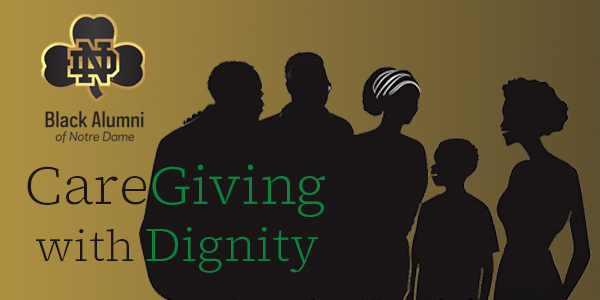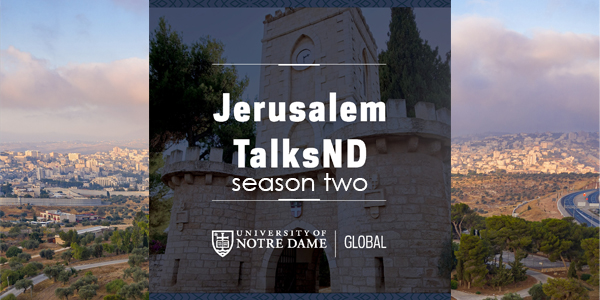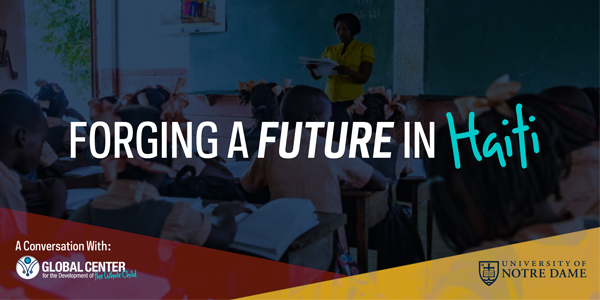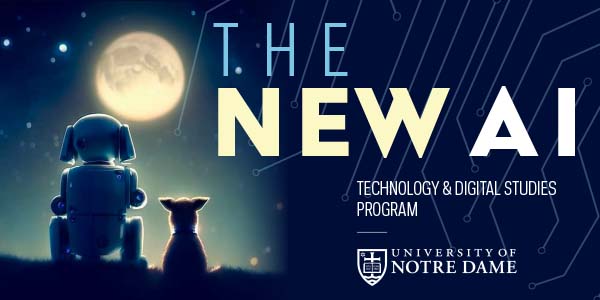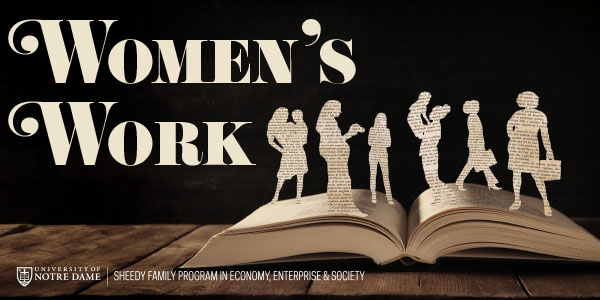The latest Forging a Future for Haiti conversation brought together three leaders working at the intersection of faith, education, and family life in Haiti: Kate Schuenke-Lucien (Director for Haiti and Senior Associate Director for Strategic Planning at the Global Center for the Development of the Whole Child), Father Lou DelFra, C.S.C. ‘92, M. Div ‘03, (Director of Pastoral Life, Alliance for Catholic Education), and Makenzy Voltaire (Project Coordinator, Haiti). Their exchange explored how Catholic social teaching, neuroscience, and practical community programs are transforming the lives of children and parents across over 300 school communities in Haiti.
Building Whole Child Development Through Faith and Science
Kate Schuenke-Lucien began by grounding the discussion in Notre Dame’s long standing engagement with Catholic schools in Haiti—a partnership that deepened after the 2010 earthquake and now spans early literacy programs, school-community partnerships, and parish-based parenting workshops. Rather than focusing solely on academics, the Global Center’s work emphasizes the holistic development of children—emotional, spiritual, cognitive, and relational. Their model centers on creating safe, loving environments where families, not just classrooms, are seen as the starting point for lifelong well-being.
The Family as the First School of Love
Father Lou DelFra offered a powerful synthesis of Catholic theology and developmental science, describing the family as the “first school of love.” He emphasized that what neuroscience now confirms—that children’s brains are shaped by responsive, loving care—has long been at the heart of the Church’s vision of the human person. Using examples from scripture and Catholic social teaching, Father Lou argued that subsidiarity (the idea that those closest to the vulnerable should lead in care) demands that parents, especially in times of adversity, be seen as the primary educators and nurturers of their children.
Lifting Up What Parents Already Do
The conversation underscored that the most powerful interventions are often the simplest: picking up a crying child, speaking gently, responding with love. As Schuenke-Lucien noted, these small acts, supported by research, build the neurological foundation for lifelong learning, emotional health, and relational capacity. Crucially, this work doesn’t require wealth or formal education—it requires attention, compassion, and accompaniment.
From Pulpit to Parish Hall: A Community-Based Approach
Makenzy Voltaire detailed how parish-based parenting workshops in Haiti—co-led with priests and community leaders—equip caregivers with tools and knowledge across 7–10 sessions. Topics include positive discipline, early learning, emotional development, and nutrition. Fathers and young or expectant parents are intentionally included, with promising results. Using qualitative tools like the QUIP method, the team captures unfiltered feedback and behavioral change. Parents report less corporal punishment, improved communication, and deeper relationships with their children.
Parishes don’t just host programs—they embed child development messages into homilies, sacramental preparation, and everyday community life. In this model, the Church becomes not only a spiritual home but also a practical partner in supporting families facing extraordinary economic and social stress.
Faith, Resilience, and Creative Solutions
Throughout the conversation, the speakers honored the resilience of Haitian families who—despite poverty, displacement, and crisis—continue to show up for their children. The Global Center’s work emphasizes that love is not a luxury. Through innovations like solar-powered learning hubs made from shipping containers and targeted father engagement, the team is helping communities turn constraint into creativity.
At the same time, speakers were candid about the gaps. Nutrition, safety, and basic infrastructure remain daily challenges. That’s why the next phase of the work includes strategic fundraising, new partnerships, and training seminarians to become future champions for child development.
Forging Forward—With Families at the Center
The conversation closed with a clear message: transformation begins not with new programs, but with a renewed view of parents—as agents of change, not just recipients of help. Haiti’s future depends on the strength and dignity of its families. And the Church, when aligned with science and rooted in community, can be a powerful force for healing, formation, and generational impact.
Listeners are encouraged to follow the work of the Global Center for the Development of the Whole Child and stay connected to future conversations that continue lifting up the work of accompaniment and hope across Haiti.

